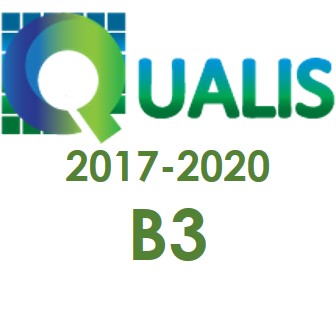SOME COMMON FALLACIES ABOUT LEARNING AND TEACHING ENGLISH AS A LINGUA FRANCA
Resumo
Over the past decades, English language teachers have become familiar with several terms which attempt to describe the role of English as a language of international communication. Presently, the term English as a lingua franca (ELF) seems to be one of the most favoured and adopted to depict the global use of English in the 21st century. Basically, the concept of ELF implies cross-cultural, cross-linguistic interactions involving native and non-native speakers. Consequently, the ELF paradigm suggests some changes in the language classroom concerning teachers’ and students’ goals as far as native speaker norms and cultures are concerned. Based on Kachru’s (1992) fallacies, this article identifies thirteen misconceptions in ELT regarding learning and teaching English varieties and cultures, suggesting that an ethnocentred and linguacentred approach to English should be replaced by an ELF perspective which recognizes the diversity of communicative situations involving different native and non-native cultures and varieties of English.
Downloads
Downloads
Publicado
Como Citar
Edição
Seção
Licença








